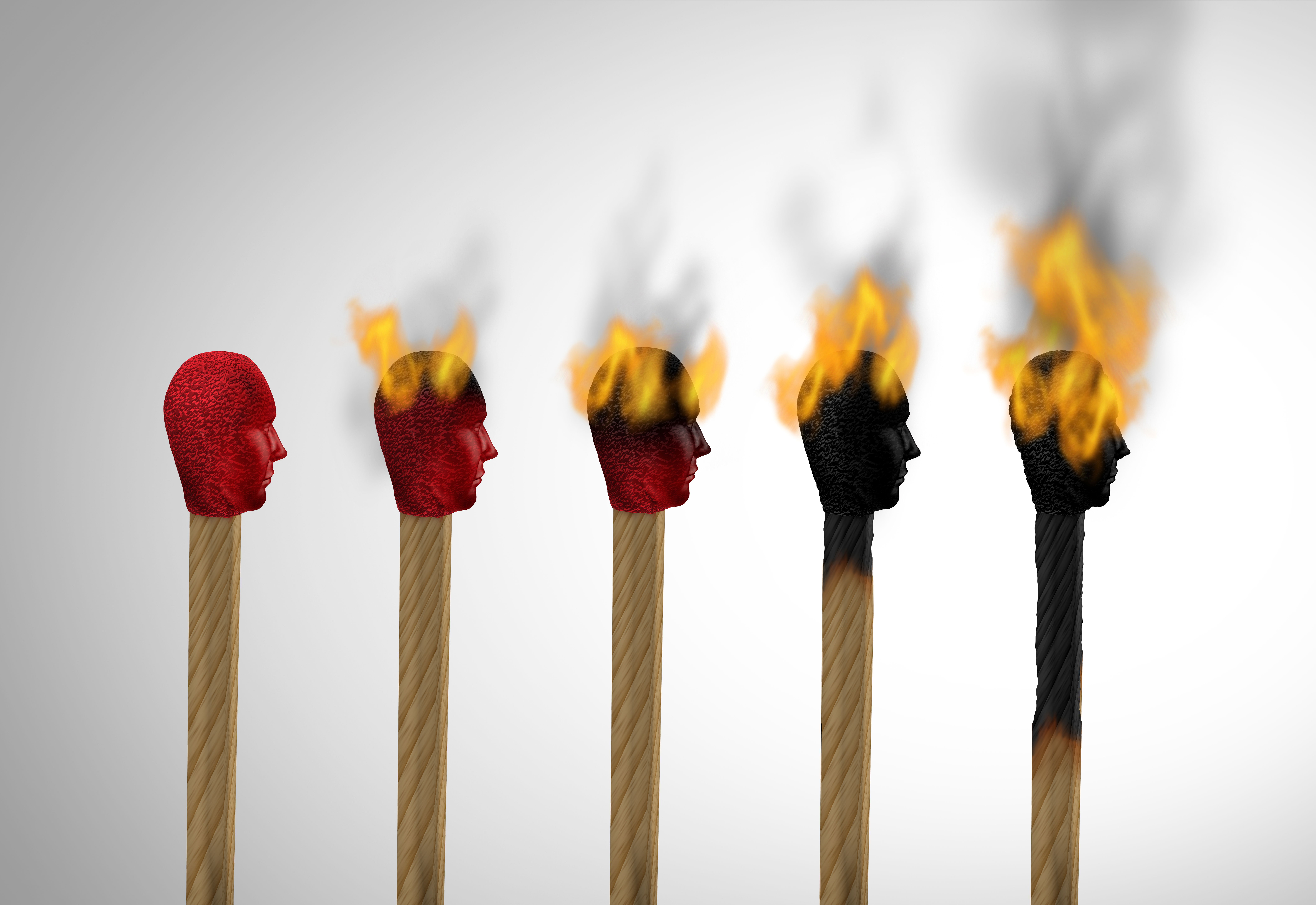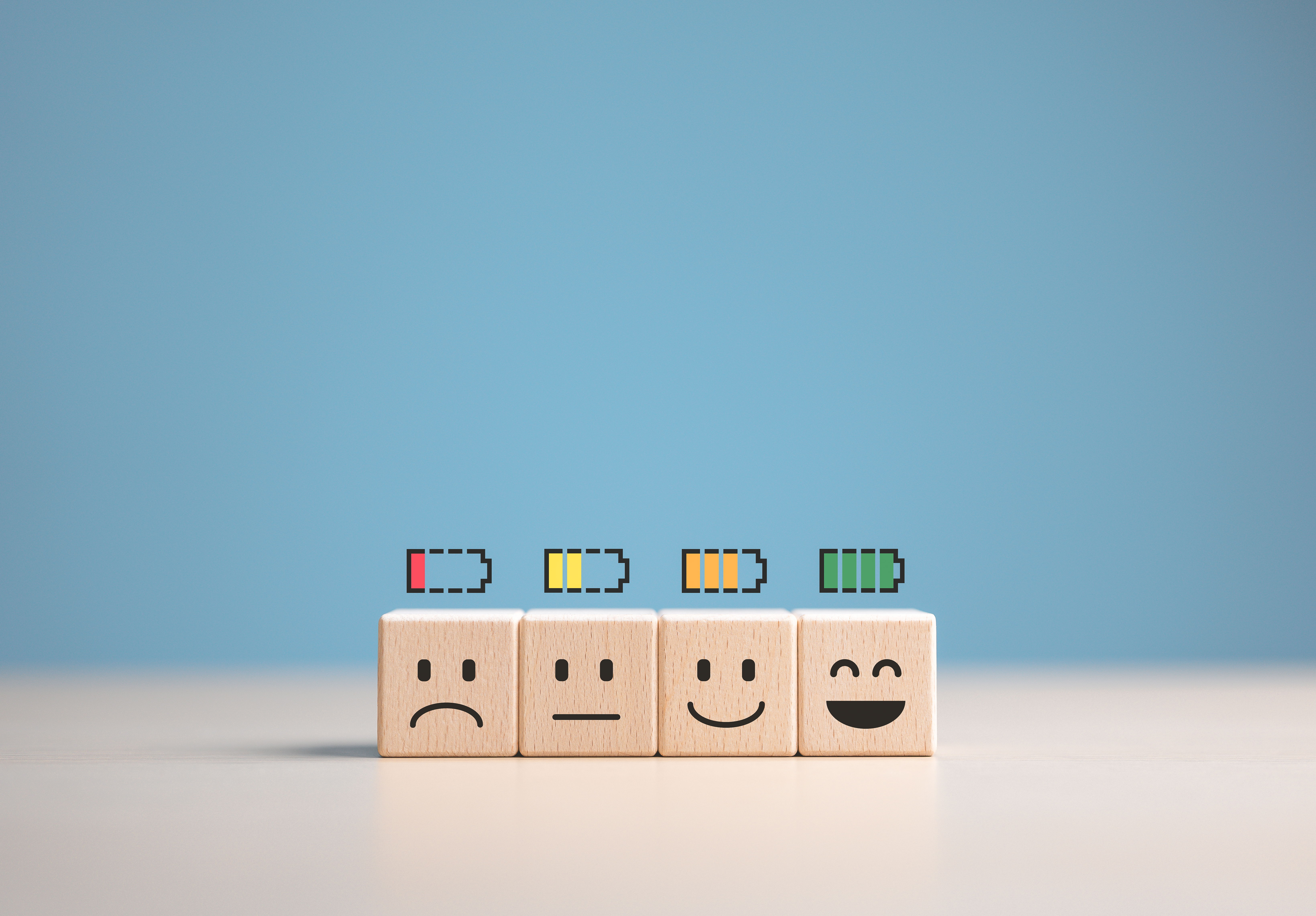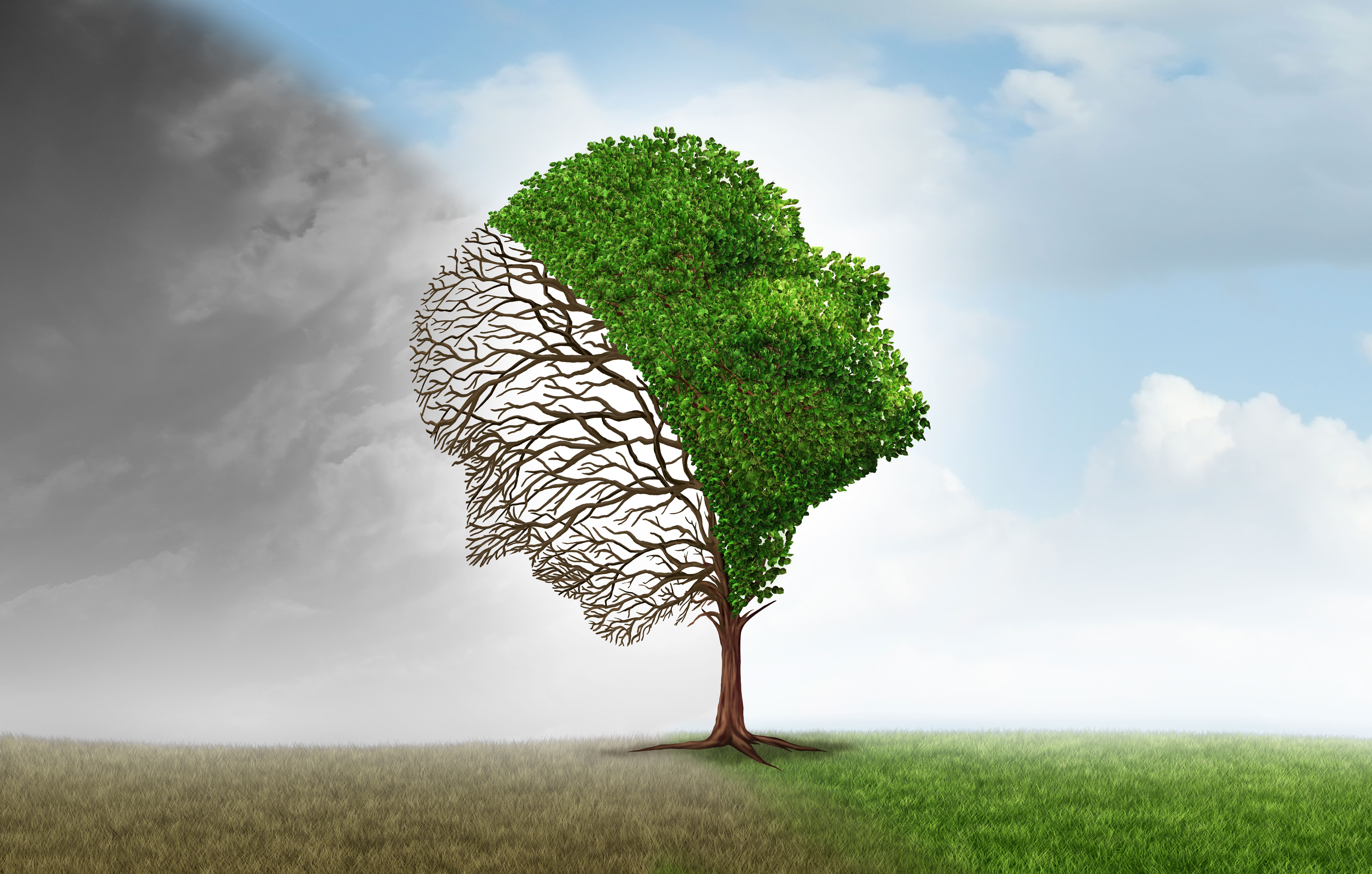Through the Fog: A Neurodivergent Counsellor’s Journey Into Burnout and Back
By Angie Petrie
I didn’t see it coming. Or maybe I did, but I ignored the signs, pushed through, and convinced myself that my clients, family, supervisees, colleagues, and friends even, needed me more than I needed rest.
Burnout crept up slowly. At first, it was just exhaustion, the kind that no amount of coffee (believe me, I did try a lot of coffee) or deep breathing could shake.
Then came the sensory overwhelm. The morning sunlight through the window, usually so energising, felt sharp and harsh. The hum of even a soft buzzing felt like a static itch that couldn't be scratched, irritating my brain. Holding a conversation started feeling like running a marathon with weights strapped to my thoughts.
I told myself it was fine. My hyperfocus kicked in, my mind sharpening at the sight of a struggling client. The pull to help was irresistible, until suddenly, it wasn’t. I caught myself zoning out mid-session, losing words, and struggling to engage. Worse than this, my creativity, which would bring new interventions seamlessly to my mind, was struggling. I knew something was wrong, but admitting it felt like failure.

The Cost of Ignoring Myself
Self-care was always something I preached to my clients. "You need to rest." "You can't pour from an empty cup." "Your needs matter."
And yet,
I was pouring from an already-cracked vessel, believing I could hold myself together through sheer force of will. The irony was painful. Neurodivergence had always given me unique strengths: deep empathy, creative thinking, and a strong sense of justice. But those same strengths became my downfall when I refused to regulate them.
- Masking fatigue: I suppressed my overwhelm, adjusting to neurotypical expectations. It drained me.
- Neglecting boundaries: My “yes” came too easily; I was working harder and longer, taking extra clients, and skipping lunch.
- Ignoring sensory needs: Overstimulating environments, long sessions, chaotic encounters; I endured them rather than adapted them to suit me.
- Dismissing physical cues: The headaches, the brain fog, and the aching shoulder joints, I waved them away as ‘just stress.’
The Breaking Point
One morning, I sat in front of a client and realised I had nothing left to give. I wasn’t present. I wasn’t processing. Their words felt like they were bouncing off my mind instead of sinking in.
I left that session and went straight to the bathroom; gripping the sink, staring into the mirror, I watched my pale reflection.
"I am not okay."
"What's going on? Why do I feel like this?"
Saying it felt like cracking open a locked door. My nervous system, which had been running on adrenaline for months, finally collapsed. I felt sick, and I suppose I was. Taking time off seemed pointless, but taking time to recover had to happen.
The exhaustion settled into my bones. Burnout had caught me, and I couldn’t outrun it anymore.

Clawing My Way Back
Recovery wasn’t a magical moment. It was a slow, stubborn process, one that involved unlearning everything I had forced myself to believe about productivity, worth, and care.
Here’s what finally helped:
- Honest self-reflection: Naming the burnout, saying it aloud, and refusing to downplay my struggle.
- Radical rest: I stopped negotiating with exhaustion; I let myself sleep, sit in silence, and detach from expectations.
- Sensory regulation: I adapted my environment to support my neurodivergent needs: soft lighting, sensory fidget toys, creative and artistic play, and structured breaks.
- Boundary setting: I learnt to say no, without guilt (nearly; I'm not perfect), without justification.
- Support networks: I leaned into peer supervision, fellow neurodivergent counsellors, and friends who understood.
- Self-compassion: I replaced shame with affirmation: I am allowed to struggle. I am allowed to rest. I deserve care, too.
A New Way Forward
Burnout taught me that resilience isn’t about endurance; it’s about sustainability. As neurodivergent counsellors, our gifts are immense, but they are not infinite.
We must learn to care for ourselves with the same commitment we offer others.
"You are worthy of rest. You are worthy of care. You are not alone."
And for the first time in years, I finally believed it.
If you're interested in thinking about burnout in a new metaphorical way, have a look at my recorded video on burnout, the 'scuba diving model.'
